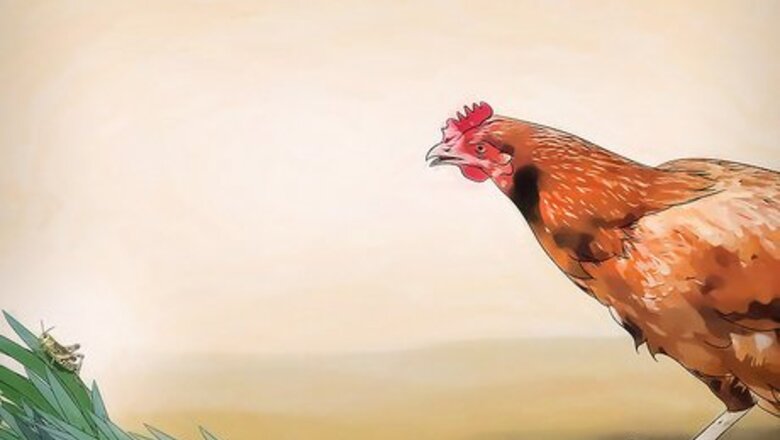
views
The Natural Way
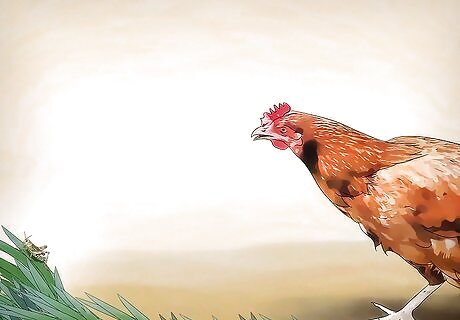
Get some chickens. They love the tasty little hoppers, and have prodigious appetites. They eat loads of grasshoppers and will save your garden from destruction. Many cities and towns allow keeping these birds with permits. Not only do you get pest control, you get fresh eggs (if you have hens) and an occasional pot pie!
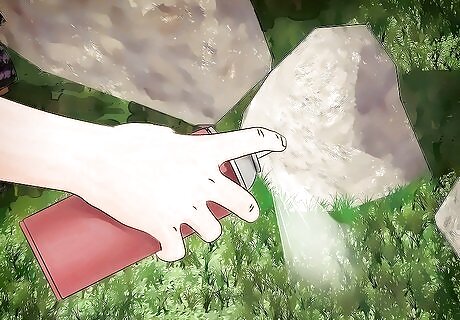
Use a hot pepper spray repellent. Hot pepper wax insect repellent is the key. It's in all the garden catalogs, and soon it could be on all your plants. Insects can't stand the taste, and therefore do not eat the leaves! Be careful when using this repellent on edible plants, as it could burn your mouth if the plants aren't washed properly. Pesticidal soap and garlic spray are also viable options for grasshopper control.
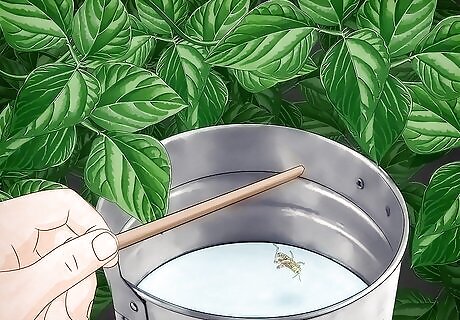
Squish them. Head to the grasshopper hangouts at dusk or dawn, and move more slowly as the air cools down. Knock them off the leaves into a bucket of soapy water where they'll drown, or just knock them on the ground and step on them.
Pesticide

Do it soon. Pesticides become less effective as grasshoppers get older—plus, they've likely reproduced by then.
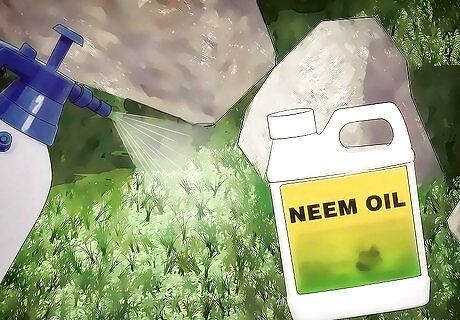
Look for neem oil. Natural insecticides with neem as the active ingredient will kill grasshoppers. Neem trees are common in the Indian subcontinent and are prized in the villages where they occur. The leaves are a natural disinfectant and insecticide. Toothpaste made with neem extract is available in the U.S.

Try Ecobran. There's a product called "Ecobran" that only affects grasshoppers and their close relatives. It doesn't affect other insects or birds. Ecobran uses carbaryl, an organophosphate. It is a good product for small landowners fighting grasshoppers, easy to use, and has minimal impact on beneficial insects compared to other formulations of carbaryl.



















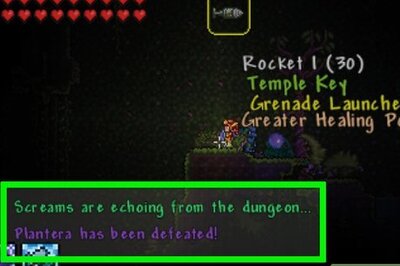
Comments
0 comment